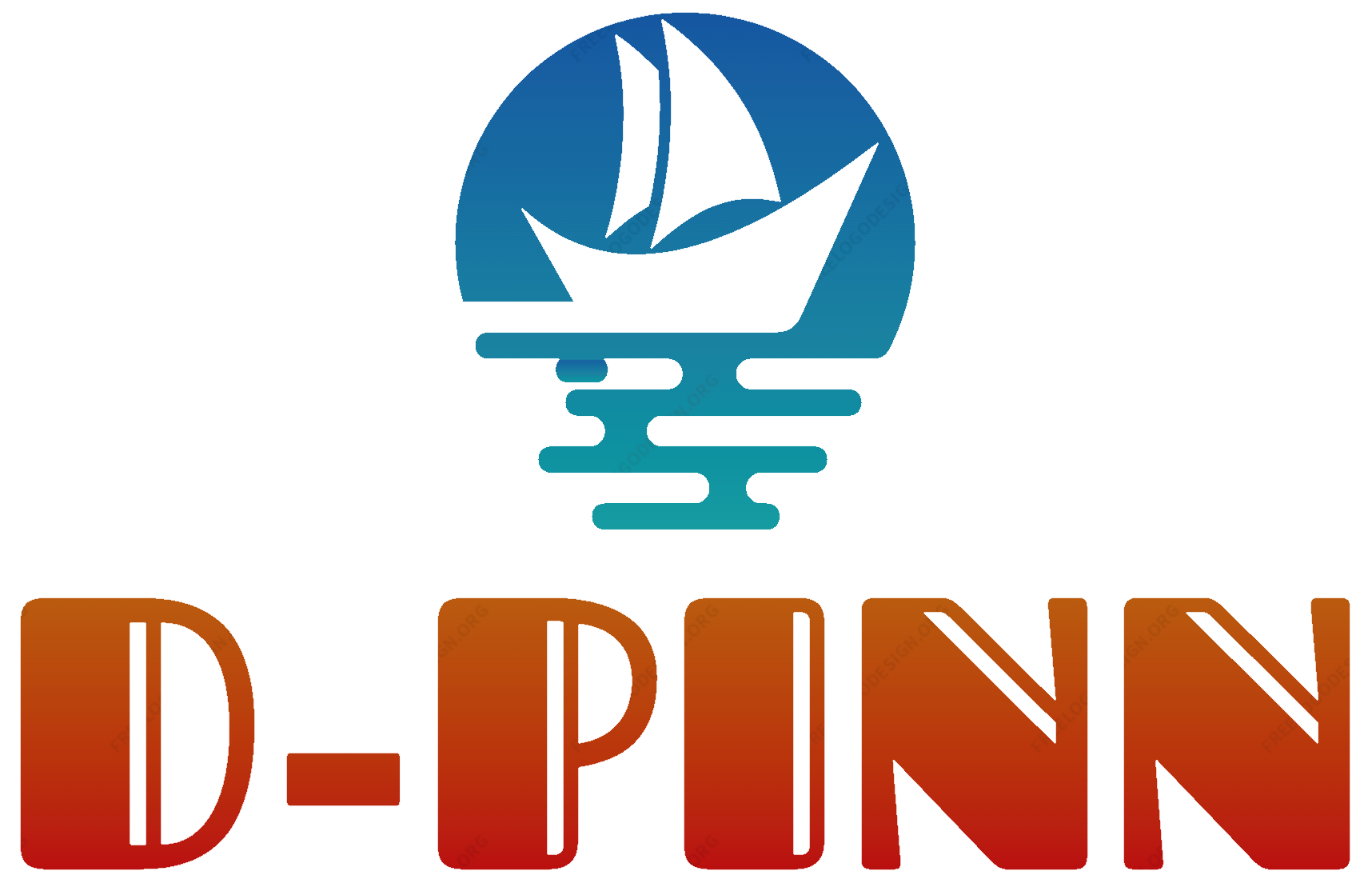Payroll is one of the most demanding and time-consuming tasks for any business. It involves calculating payroll amounts, preparing and remitting taxes, and processing employee paychecks.
It can be daunting and requires dedicated HR resources, primarily when a company operates in multiple countries or jurisdictions.
Workers’ Compensation Insurance
Workers’ Compensation Insurance protects employees and covers medical costs and lost wages for employees who are injured or get sick while on the job. It also pays benefits to the families of workers killed on the job.
The cost of workers’ compensation depends on several factors. The size of the business, its location, and its claims to history are some of the most common factors determining premiums.
A managed payroll services is essential in calculating insurance premiums because it represents the total wages paid to employees. In addition, the types of employees, the number of hires, and the assigned rate affect the entire payroll and premium amount.
To calculate workers’ compensation premiums, it’s essential to include all W-2 employees, including part-time, seasonal, and temporary workers and independent contractors and subcontractors. In addition, it will help you keep your payroll and insurance accurate and avoid paying an unnecessary surcharge if you misreport wages or have inaccurate coverage.
Unlike traditional insurance, workers’ comp is based on actual payroll rather than an estimated amount for the entire year. As a result, it’s becoming more popular because it eliminates up-front costs and outdated payment methods. It’s also easier to monitor your policy’s status and ensure you’re paying only what you should be or owing a premium adjustment if you underestimated your payroll.
Errors & Omissions Insurance
If your company provides payroll services to clients, you need business insurance that includes Errors & Omissions (E&O) coverage. Otherwise known as professional liability insurance, E&O policies can help cover legal costs or settlements that result from client claims that your work was inaccurate, late, or negligent.
The E&O policy you choose should be tailored to your industry. For instance, a printer needs different coverage than a building-trades contractor.
Your policy can also include a retroactive date and extended reporting period to help ensure coverage. Some events resulting in a loss may have occurred years before you first received a claim, and your E&O policy will have to be active at the time of the incident for it to protect your company.
For example, a financial planner who made a mistake on the return rate of a financial product could face a claim from a dissatisfied client.
Business Owners Policy (BOP)
Business Owners Policy (BOP) is a type of insurance policy designed to protect small businesses with various business needs. A BOP includes property and liability coverages tailored to your specific needs. It also allows you to add additional coverages such as commercial auto, employee dishonesty, data breach, and many more endorsements.
A business owner’s policy is an excellent choice for small businesses that want to save money and manage their insurance needs easily. It provides coverage for the most common risks faced by small businesses.
BOP policies are available through several insurers, including The Hartford. Its representatives are trained to help customers select options based on their company’s size, industry, and risk exposure.
It’s important to carefully evaluate each BOP’s endorsements to choose the suitable one for your needs. In addition, these endorsements often diverge widely from one policy to the next, making it crucial to understand which ones are most relevant for your business.
Eligibility requirements to buy a BOP vary from insurer to insurer, as do the maximum annual revenue and payroll amounts. In addition, eligibility requirements may limit business types considered higher risk.
When comparing BOPs, you should consider premiums and deductibles, coverage options and policy limits, claims reporting, financial strength, and insurer reputation. A robust balance sheet can help ensure that your insurer can pay claims, even when faced with a significant upsurge in losses.
General Liability Insurance
General liability insurance is a critical business protection that protects you from various legal and financial risks. It can cover third-party bodily injury, property damage, and more.
If you own a payroll service, you need to be sure you’re covered. Not having insurance means you risk facing judgments, legal settlements, and lawyer fees if you get sued.
For example, if a customer slips and falls at your store or on a job site and files a lawsuit against you, your general liability policy could help pay their medical bills. It also covers the cost of repairing or replacing their damaged property.
But before you purchase a policy, consider some intelligent ways to manage your risk. It includes putting safety procedures in place and getting competent insurance advice from an insurance professional.
Investing in a comprehensive payroll software system is one way to protect your company. Whether you use
A good payroll solution also can keep your records organized and accessible for tax time. A quality payroll solution can automate some of your most time-consuming payroll tasks.

